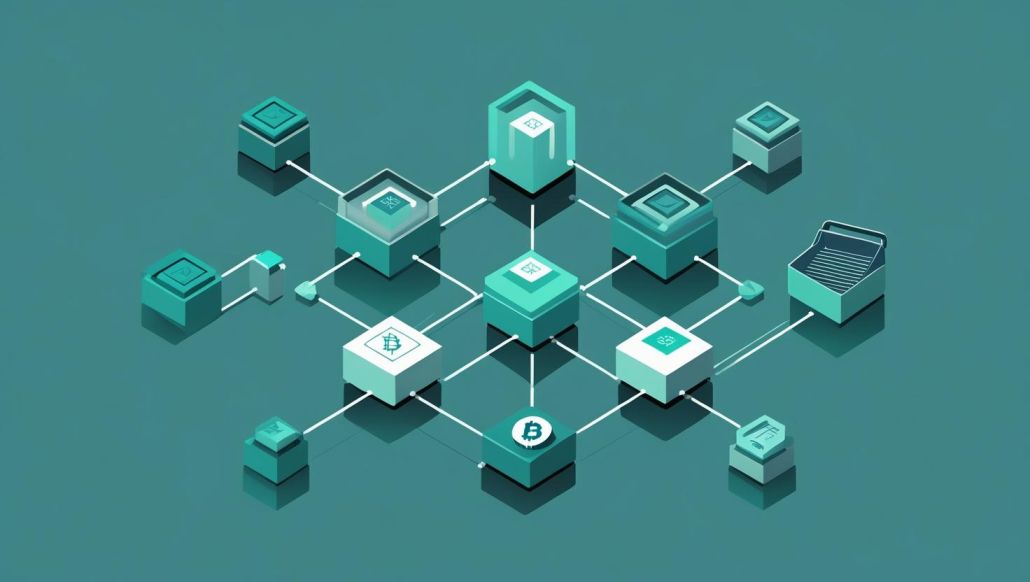
Discover how blockchain is transforming eCommerce web development with secure payments, transparency, and fraud prevention.
The eCommerce industry has always been quick to adopt new technologies that enhance customer trust, streamline transactions, and improve overall user experience. In recent years, blockchain has emerged as one of the most disruptive technologies influencing how online businesses are built and managed. While many people still associate blockchain primarily with cryptocurrencies, its applications extend far beyond digital money. For eCommerce web development, blockchain is proving to be a game-changer.
At its core, blockchain is a decentralized and distributed digital ledger. Unlike traditional databases managed by a single authority, blockchain records transactions across multiple computers in a secure, transparent, and immutable way. This means data cannot be easily altered or tampered with, making it highly reliable for industries where trust and verification are crucial.
For eCommerce, where customers often worry about payment security, product authenticity, and data privacy, blockchain introduces a much-needed layer of transparency.
One of the biggest concerns in online shopping is the safety of transactions. Blockchain enables peer-to-peer transactions using cryptocurrencies and digital wallets without relying on third-party intermediaries like banks or payment gateways. This reduces transaction fees, speeds up the payment process, and provides customers with an additional secure payment option.
Modern shoppers are increasingly conscious about product origins, ethical sourcing, and authenticity. With blockchain integration, ecommerce website developers can design systems that allow customers to trace a product’s journey—from raw materials to delivery. This creates transparency in supply chains and strengthens customer trust.
Counterfeit goods are a major challenge in global eCommerce. Blockchain can help by recording every stage of a product’s lifecycle on an immutable ledger. Customers can scan a code or verify a product ID to confirm whether the product is genuine. For luxury goods, pharmaceuticals, and electronics, this feature is especially valuable.
Smart contracts are self-executing agreements stored on the blockchain. In eCommerce, they can be used to automate processes such as refunds, warranty claims, or vendor payments when predefined conditions are met. This reduces the need for manual intervention and minimizes disputes between buyers and sellers.
Traditional eCommerce platforms often act as intermediaries, charging commissions and controlling transaction data. Blockchain allows the development of decentralized marketplaces where buyers and sellers interact directly. This shift gives businesses more control while offering consumers potentially lower costs.
Data breaches and identity theft remain serious concerns in online retail. Since blockchain is decentralized and encrypted, it provides an additional layer of security for customer information. Integrating blockchain into eCommerce web development can help reduce the risks of centralized database hacks.
While the potential of blockchain is significant, it is not without hurdles. Issues like scalability, regulatory uncertainty, and consumer adoption of cryptocurrencies are challenges that still need to be addressed. Moreover, implementing blockchain solutions requires technical expertise and a well-thought-out strategy.
The influence of blockchain on eCommerce web development is only expected to grow. As technology matures, we may see wider adoption of crypto payments, greater use of smart contracts, and the emergence of fully decentralized online marketplaces. For ecommerce website developers, staying updated on blockchain trends will be essential to building secure, transparent, and future-ready platforms.
© 2024 Crivva - Business Promotion. All rights reserved.